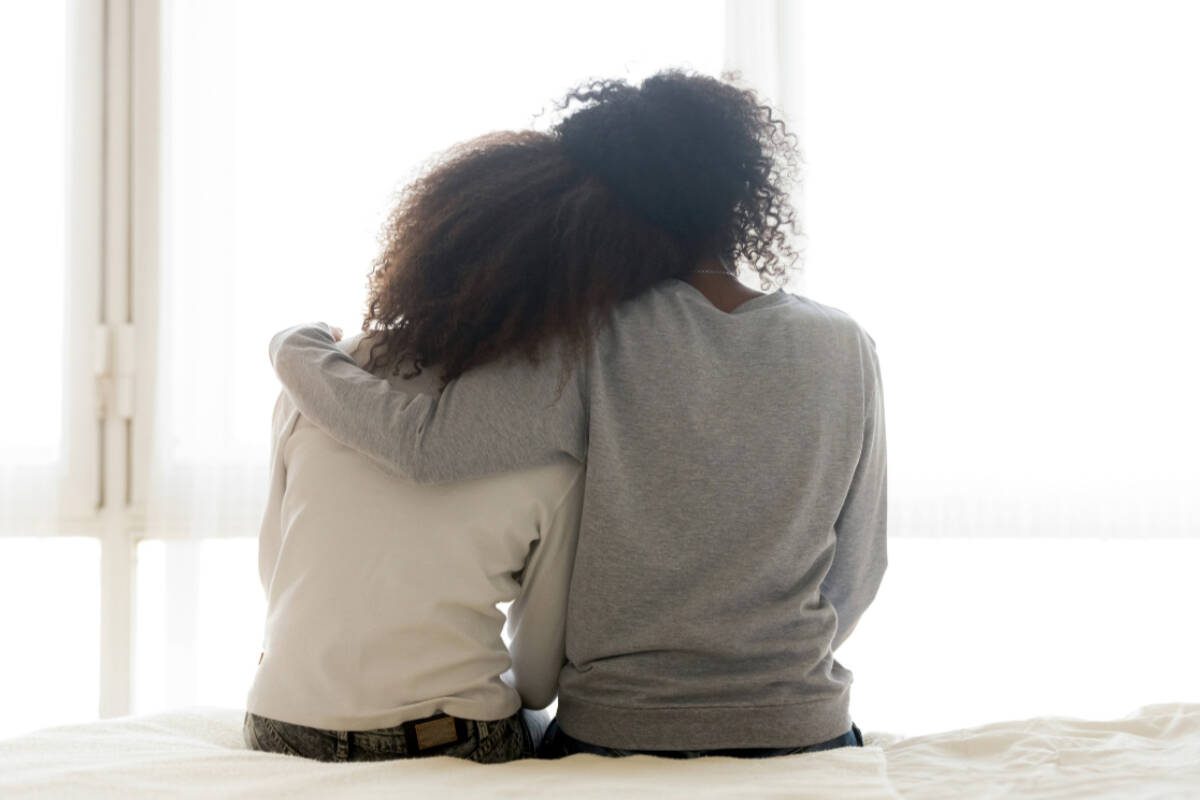You’ve learned your teen is using drugs and/or alcohol … What now?
“We talk a lot about prevention but it’s important to be prepared for what happens when our kids end up experimenting anyways,” says Taylor Lawson, Assessment Supervisor at Island County Public Health. “Knowing what to do after you find out your teen is smoking or drinking can help you be prepared for a tough conversation.”
Lawson shares the Dos and Don’ts for after finding out your teen is experimenting with drugs and alcohol.
DO stay calm – Take the approach of “Conversation over Confrontation”. Priority number one should be helping your child navigate the choices they’ve made and helping them make better choices in the future.
DON’T hand out repercussions without talking it out first – Hearing your teen’s side of the story is more important than punishing them for making a poor choice. Talking and connecting should take priority above everything else; consequences can wait.
DO ask the following questions – Prioritize learning when they started these behaviors, how often they’re using, and if they know why they started in the first place (stress, depression, anxiety, peer pressure?). It’s worth clearing the air on other safety concerns at the same time. For example, begin by asking “what do you know about the dangers of smoking or drinking?” Are they driving while impaired? Or doing anything else that could put them in harm’s way? These questions will help you figure out what problems are the most concerning and give your teen the chance to open up.
DON’T go over the top with punishments – Consider asking your teen what they think would be a fair consequence for their actions. Involving them in determining consequences can help lighten the blow and give them back a sense of control. Some practical repercussions might include being grounded for a couple weeks, reduced curfews until trust has been rebuilt, more regular check-ins and no sleepovers until they’re in a better headspace.
DO get outside help – Hopefully some consequences and more education on underage use will be all your teen needs to get back on track to making healthy choices, but the reality is that you might be faced with eye rolls, attitude and push back regardless of how well you handle the situation. It can be hard for youth to understand just how risky smoking and drinking really is. If your teen is reluctant to change their behavior, it’s time to get outside support.
“As parents and guardians it’s important to remember that everyone makes mistakes – us included – and despite our best efforts, sometimes our kids will still trip up on their path to adulthood,” Lawson says. “It’s our job to help them pick up the pieces and provide them with the unconditional love and support they deserve, regardless of the choices they make along the way, and sometimes that looks like getting outside support from our community.”
Support for Teens, Parents and Guardians
- Island County Human Services
- Opportunity Council
- Stanwood-Camano Community Center
- Readiness to Learn
- The HUB
- South Whidbey CARES Coalition
- Oak Harbor Youth Coalition
READ MORE: Empower your teen to make healthy life choices
READ MORE: Back to school conversations can help your teen make healthy choices this school year
























